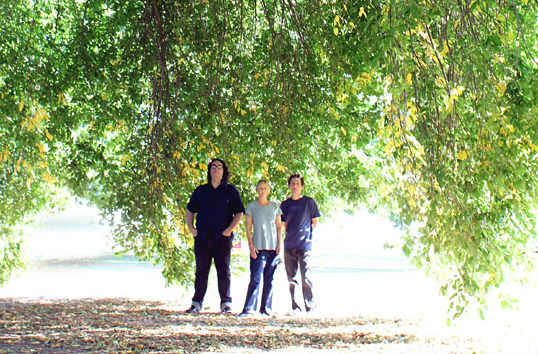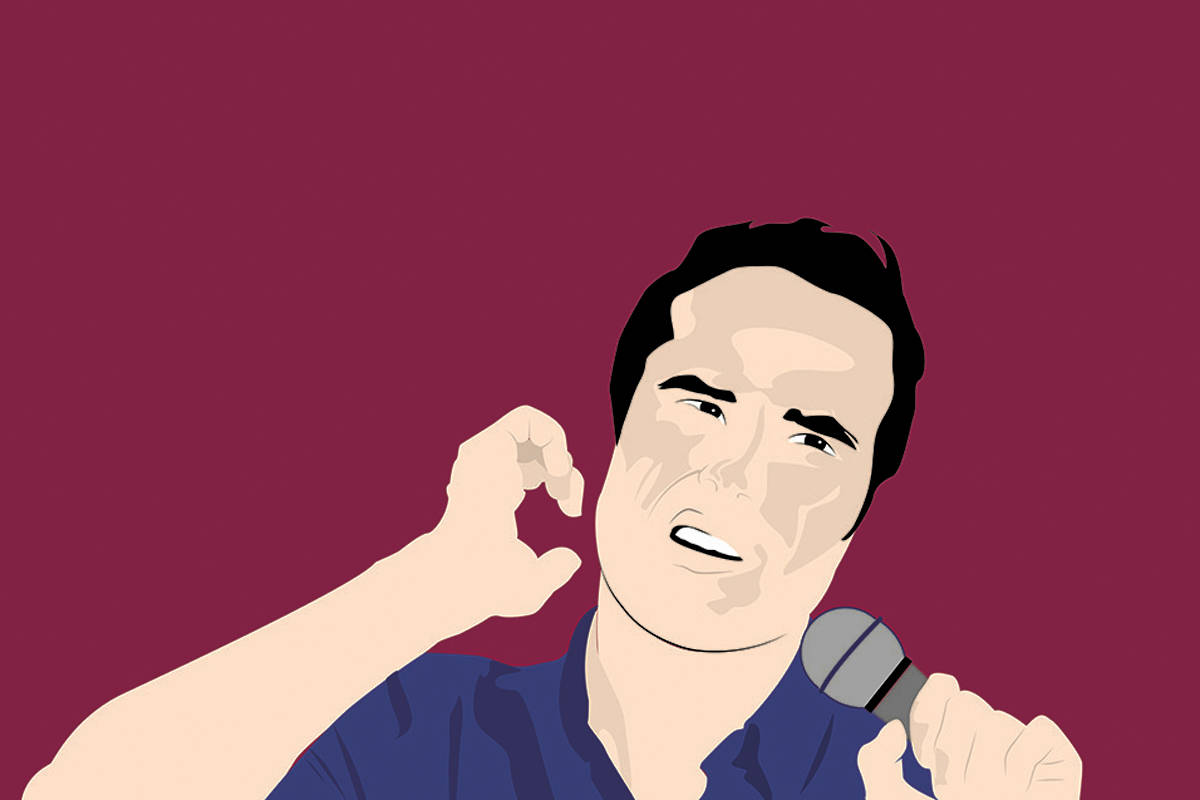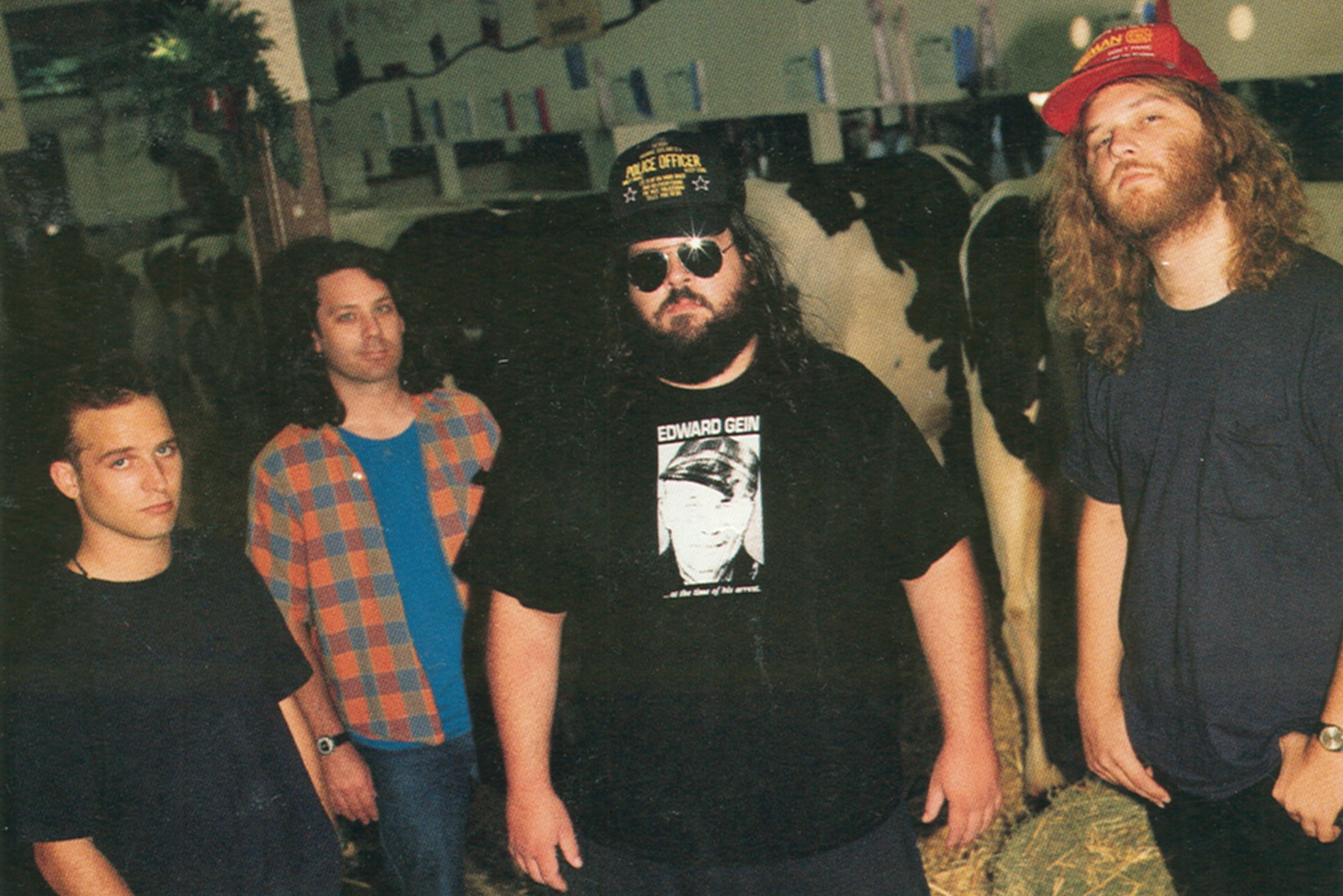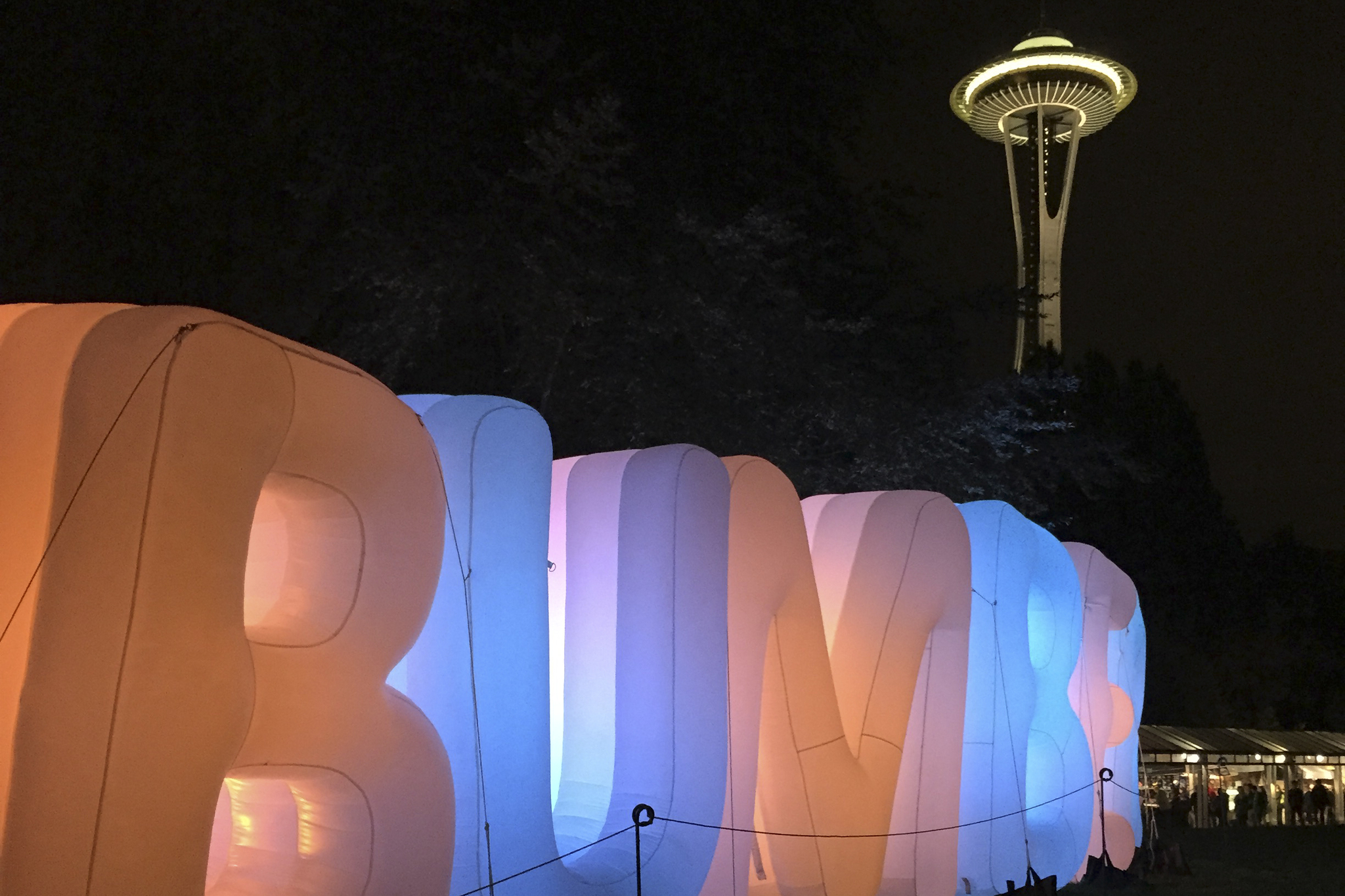Yo La Tengo is the kind of band more bands should aspire to be like. The New Jersey trio might not epitomize indie cool, but after nearly 30 years together the band has built up a sizable fanbase through hard work on the road. It helps that the group has consistently recorded thoughtful, tuneful albums that haven’t shied away from challenging audiences but also haven’t been polarizing. The latest album, Fade, has both fans and the music press buzzing that it’s the best thing they’ve done in years. Singer/guitarist/pianist Ira Kaplan is too close to the material to say so. We chatted with Kaplan about the album, his band’s legacy and what it was like to perform The Simpsons theme song. Yo La Tengo plays Showbox at the Market on Friday, May 17.
Thirteen albums into your career, is the record-making process routine at this point? Are there similarities each time out? And how do you keep the process vital and inspiring? It is always different. You build on what you’ve done before and some things get easier. But I think it would be noteworthy if doing something like making a record, which is this concentrated experience, where for most of the summer that’s what we do, from waking up in the morning until going to sleep at night…. If that kind of intense immersion became dull or routine I hope we would recognize that and start doing something else. It remains an amazing experience to just shut out the world and just concentrate on ten songs.
What continues to make it such an interesting experience? I imagine there’s some routine to the process that doesn’t change much, like recording the drums first, then bass, et cetera. I can give you an example: A normal way of doing things is that when you’re mixing a song, you’ll end up with the mix and a few alternates. You’re in the room and you’re listening and you’re not sure how you’re going to react when you hear it on other speakers so you have a few options. And at the time you’re doing them, you can easily hear the difference between the six different mixes you’ve done. I think if I listened to them today, they’d all sound exactly the same. You’re listening so closely in the moment that the tiniest little detail seems huge but then after the fact, it’s like, “What did you change? You changed that kick drum in the second verse.” “Could we just make it a half a dB quieter?” There’s a routine to that but they’re new songs and you get caught up in them and in exploring the possibility of what they could be and might be and what’s coming.
You guys used a different producer for the first time in a decade. I’m curious what inspired the change? It just kind of felt right. And what felt right was working with John [McEntire]. It wasn’t that we had a list of ten people because we had to get the hell away from Roger [Moutenot] and we were desperately looking for somebody else. We thought of working with John and when he was available, everybody was excited about that idea. When somebody suggests something and the other two go, “Yeah,” we try not to examine why. If all three of us agree, it’s probably a good idea.
When you complete an album, are you objective enough with your own material to be able to say, “Oh, this is the best thing we’ve done since ‘Summer Sun,’” or have any sense of how an album may stack up to the rest of your canon? No, and I think all you have to do is read interviews because everything you read says, “This is the best thing we’ve ever done!” Even though that’s patently untrue, it’s hard to feel differently I think because you’ve spent a lot of time with it and it’s exciting to be done and it’s exciting to finish something. But also, that kind of perspective is not something I even seek. I’m not sorry that I can’t say yes to your question.
Does that mean that you don’t have a favorite record or a few songs from your catalog that really speak to you or feel more personal for whatever reason? Not really. I could go down a long list of emotional attachments to various songs for various reasons but I ultimately think it would be most of them in a certain way. I don’t really think of them in that way, of favorites and less favorites. It’s complicated and it changes…. I try and cut myself off from what other people are saying and thinking, [but] you can’t cut yourself off entirely. We have a sense of what records people like more and what songs people like more and I think sometimes that makes me care about the other ones even more.
Is it important to understand those things at least in terms of putting together a setlist or in knowing what material your audience is most fond of? Our setlist, we will put songs that we perceive as being the most popular ones, and we will never neglect all of them in a night. A lot of that goes to what I like to see when I’m at a show. I’m not so sophisticated that I don’t enjoy the hit songs but I want to feel surprised too and I want to hear something that I didn’t expect to hear. When I go to a show and it’s just the greatest hits and the new album, that won’t engage me as a listener as much so that’s not what we do as a band.
Speaking of greatest hits, I’ve been watching “The History of the Eagles” documentary, and man did those guys have a lot of acrimony over the years. Can you shed any wisdom on staying together for so many years and managing to still get along? I think it’d be a lot easier to break up our band than it would be to break up the Eagles. That’s like a city going bankrupt. Those guys are job creators! And I think the pressure to keep something so successful, to keep going must be a real force. I think one thing is that we’ve been successful enough that we can keep going very easily but we’re not also so successful that these pressures are forcing us to do something we don’t want to do. Going back to your earlier question, if we don’t play “Sugarcube,” yeah, that’s a song that people love, but it’s not our number one single that everyone will go away disappointed if we don’t play it. When you lose control of yourself, which I think is one of the hallmarks of huge success, it presents a lot of challenges.
Are you a fan of the rock documentary? Do you have a favorite? We’ve been watching a lot of this show “Unsung” on TV One. The only thing I don’t like about it is that it really makes me feel my age because the premise is that these are R&B and soul artists who aren’t as well known as they ought to be. They’re unsung. But they’ve done episodes on Sly and The Family Stone and people who seem awfully well known to me. They’re not big budget documentaries. They do this thing where one piece of footage will appear eight times in the hour but it strikes a balance between being cheesy but also being pretty great at times and you never know what’s going to happen in the next moment in that regard. They did one about Minnie Riperton that was just heartbreaking and beautiful. I was very excited because I’ve been reading RJ Smith’s biography of James Brown and he actually referred to a Tammi Terrell episode of “Unsung.”
I love the
Fade
album cover. Can you talk about the photograph and how it came to be? Did you have a concept in mind for artwork that you wanted to accompany the title? As you’re asking the question, I’m trying to remember but I’m almost positive that the cover came before the title. Neither of them were set for very long. We were well on the way to deadlines without a definite album title or definite image. We were on the West Coast, and in Seattle actually, doing The Love Song of R. Buckminster Fuller at the Moore Theatre. It was this live documentary from the filmmaker Sam Green. So we were doing that in Seattle and Portland and we had a day off in Portland. Given the timing of things, Matador suggested we do a press photo shoot in Portland, so that’s what we did. They lined up a photographer and we spent what would have been our day off doing a lengthy shoot. We went to a bunch of different locations and the last one was this tree, which was just amazing. The photographer brought us there for press photos so all the photos are not of the full tree, because that was not the photographer’s mission. Her mission was to take pictures of us. Had we been more on the ball, we would have brought it up at the time that this would make a good record cover. As it happened, all three of us were kind of thinking that but nobody actually said it. She ended up going back, because we asked her, and taking pictures that would encompass the entirety of the tree. But the whole process came together gradually as we were playing with different ways of presenting the tree and the tinting and the overlays of colors and things. But I think it did ultimately help make that title seem to fit.
Do you have a favorite Yo La Tengo pop culture moment — a music placement in something or an appearance somewhere that was particularly cool or poignant? The one that leaps to mind is The Simpsons [theme song], and that one’s pretty hard to beat. Not only because of how much the show mattered to us in that exact moment that we were a part of it, but being there with the writers and Dan Castellaneta. The nature of doing that, for better or worse, was that Dan Castellaneta was there doing Homer at the same time we were there. We were in the uncommon circumstance of having a deadline. They had booked a certain amount of time for us in the studio, and when it was done, we were done whether we felt we were or not. And it was interesting that, when we told them we wanted to be there when they mixed it, that was a shock for them. And we, in turn, were shocked by that. In our world, mixing is such an integral part of the creation that of course that’s what we want to do. Anyway, we had this deadline looming and we were a little bit anxious about it but at the same time we get to watch The Simpsons being created before our eyes and that was pretty amazing. As it turned out, the day we did it — I have three brothers, and it was one of their birthdays — so I asked Dan Castellaneta …
If Homer would call him for his birthday? [laughs] Yes, and I was hoping that we’d call and he wouldn’t actually answer the phone and he’d get to hear a message from Homer Simpson, which would have been great. Instead, he did answer the phone, and that became a little bit awkward, as he’s now on the phone with Homer Simpson. Still a great moment, but not quite the one I had planned.
Photo of Yo La Tengo by
Carlie Armstrong








